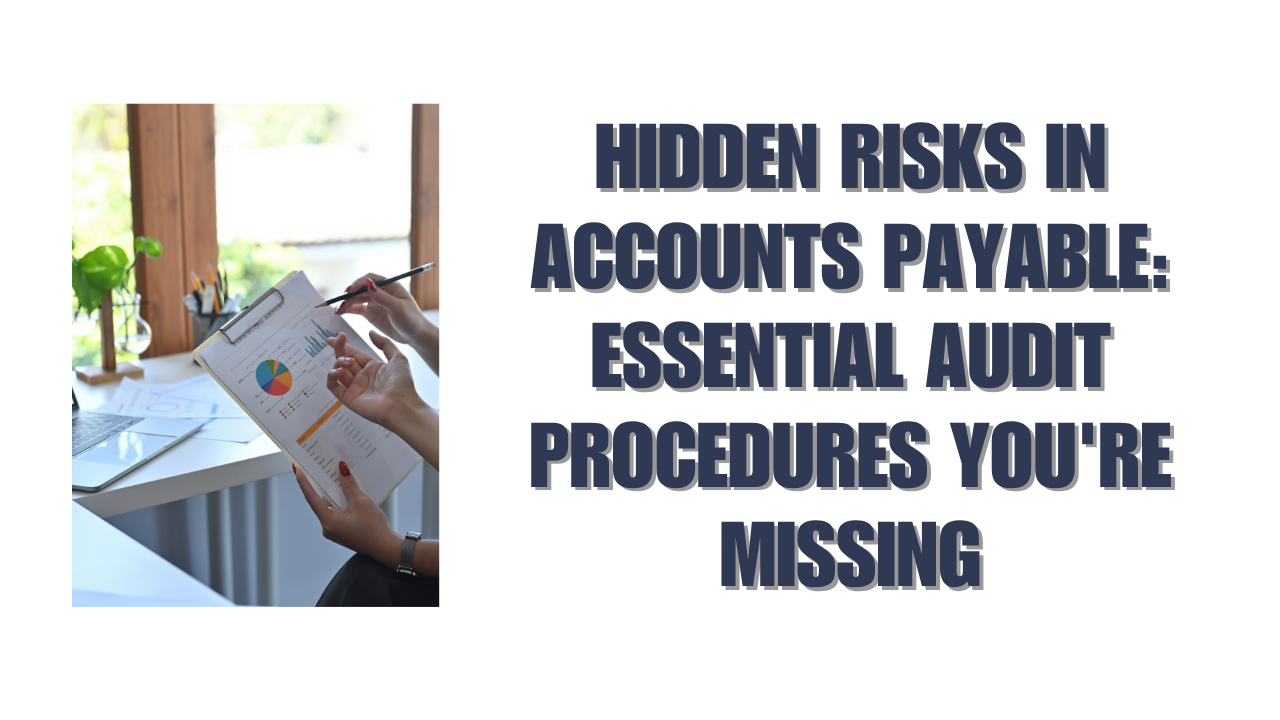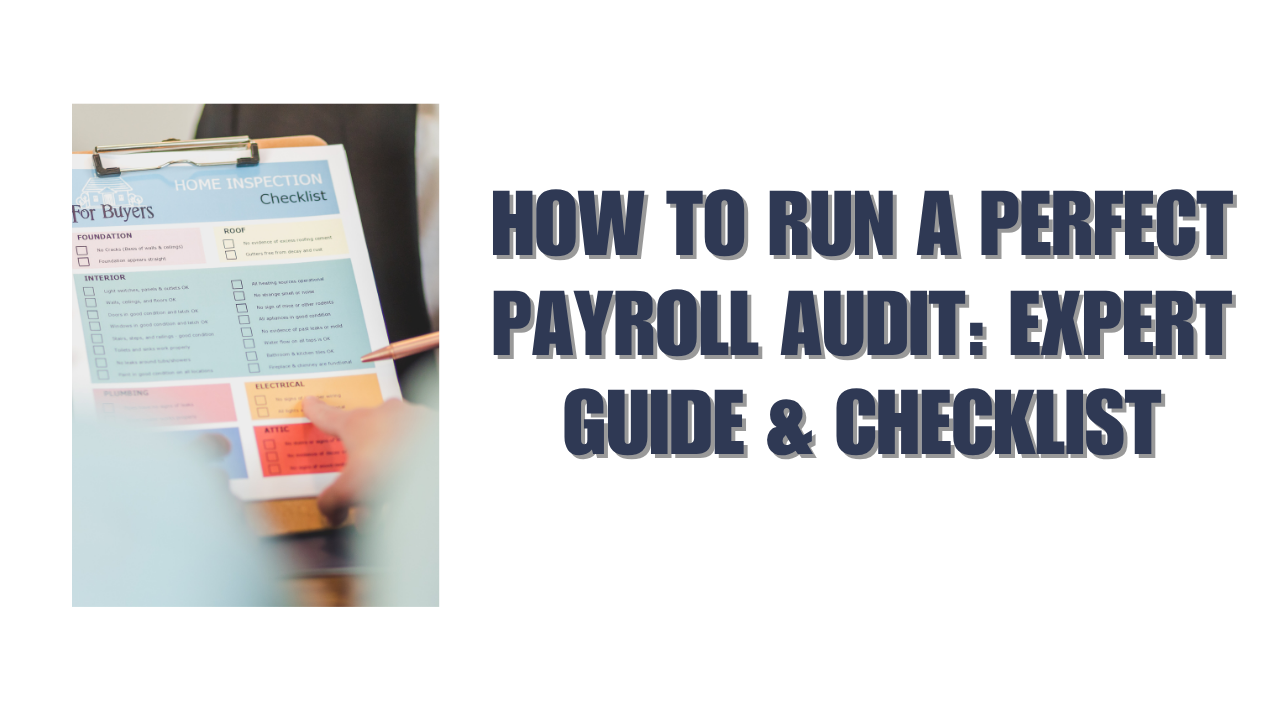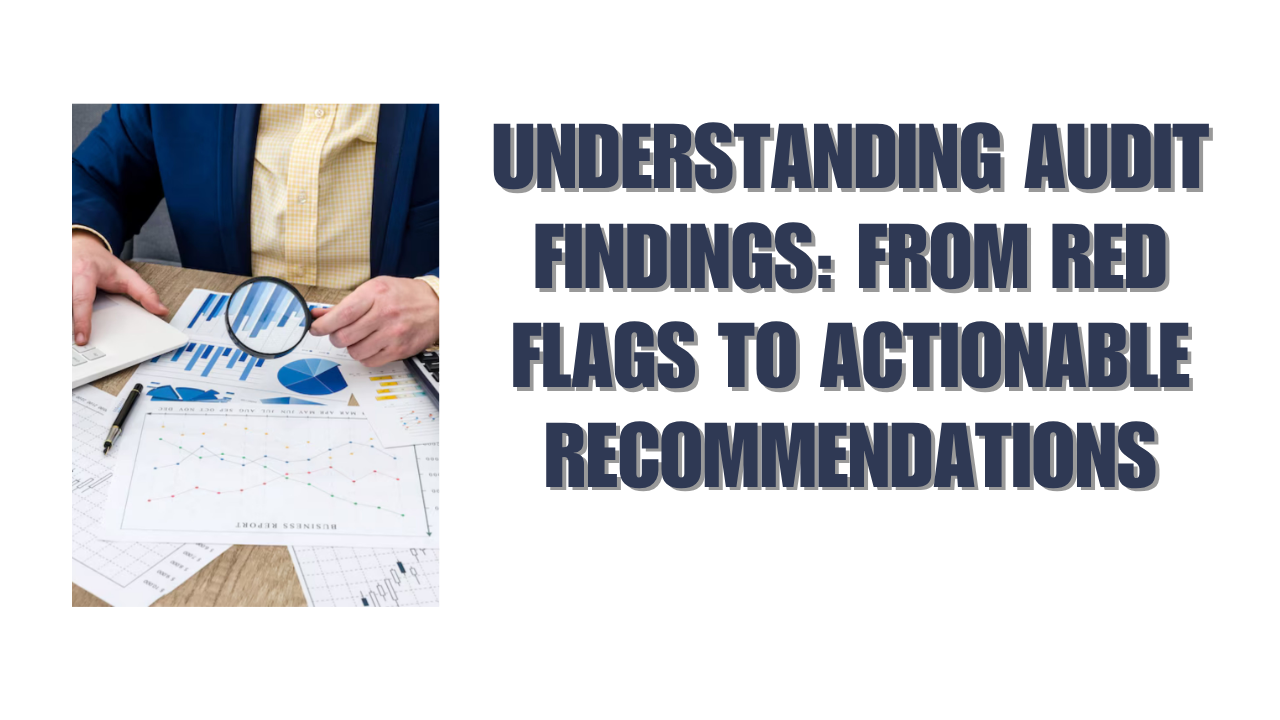Business success requires trusted financial solutions, which New Zealand audit firms, with their unparalleled expertise, provide as their essential role. Today’s challenging economic environment requires reliable financial reporting and compliance systems to help businesses navigate regulatory complexity, build stakeholder trust, and support long-term sustainability. New Zealand audit firms deliver complete services that help companies achieve clarity while identifying security issues and making strategic choices. When businesses unite with professional auditors, they build robust financial procedures that lead them toward enduring achievement.
The Role of Audit Firms in New Zealand’s Financial Landscape
The New Zealand financial systems depend heavily on audit firms for their continual integrity maintenance. Professional evaluation of financial statements performed by independent firms guarantees both accuracy and adherence to international accounting rules and national standards. The audit process serves businesses and public organizations as well as non-profits through its function to build stakeholder trust and prove organizational accountability, providing a sense of security to all stakeholders.
Audit firms excel in their knowledge beyond complying with regulations. Organizations benefit from audit services, which reveal operational areas that need improvement while handling possible threats and enhancing their financial governance performance. Through their usage of innovative auditing methods combined with modern operational tools, these firms generate essential knowledge that helps organizations achieve development targets. The auditing role plays a critical function in industry segments, which must maintain strict regulatory compliance, including finance institutions, healthcare organizations, and non-profit entities.
Enhancing Financial Transparency and Accountability
Good governance depends on transparency, and New Zealand audit firms operate as fundamental instruments to achieve this goal. Transparency of the financial records of businesses is achieved for stakeholders through independent verification provided by auditors. Business transparency establishes investor trust as well as customer and creditor loyalty, which improves both reputation and organizational relations.
Sustainable operations heavily depend on both the principles of accountability. Audit firms carry out assessments of both financial practices and internal controls to make organizations answer for their decision-making actions. Through this process, companies can reinforce their ethical standards and discover structural gaps for improvement to increase resource utilization.
Ensuring Compliance with Regulatory Standards
A local business in New Zealand needs to observe the Financial Reporting Act 2013 and New Zealand International Financial Reporting Standards (NZ IFRS), which represent the body of strict financial reporting standards for businesses. Organizations need to maintain strict compliance with these standards to protect both their corporate standing and reputation. Financial statements must comply with requirements to ensure organizations remain protected from business penalties and legal consequences, and audit firms execute this verification process.
Audit companies enable businesses to stay prepared for regulatory modifications beyond minimum compliance standards. Auditors maintain informational knowledge about changing regulations and provide critical guidance to financial entities for their transition toward compliance. Organizations use their awareness of potential regulatory changes to face regulatory complexities with confidence. As a result, they avoid operational disruptions.
Identifying and Managing Financial Risks
Identification and evaluation of risk form an essential part of auditing, which New Zealand audit firms have established as their specialty for helping organizations detect potential threats. Auditors test the organization’s internal controls together with financial systems alongside operational procedures. It is done to detect fraud risks, management flaws, and operational inefficiencies. Through premature detection of risks, organizations protect their vital assets while achieving economic stability, providing a sense of reassurance about their financial stability.
Successful business operation throughout challenging economic times depends on effective risk management practices for maintaining resilience grounds. Audit firms recommend essential control strategies and risk reduction strategies that help organizations preserve stability and pursue their strategic initiatives. This approach fosters long-term growth and sustainability.
Supporting Strategic Decision-Making
A foundation of precise financial information serves as the base needed for sound business decisions, with this vital framework being delivered by audit firms. Auditors provide complete audit reports and insights that allow businesses to understand both their financial situation and performance results. Organizations thrive on this essential information to craft the best decisions regarding their financial investments and business expansion strategies, along with cost reduction plans.
Auditors provide businesses with future-directed recommendations that highlight new paths to expansion and performance enhancement. The auditors may highlight weaknesses in performance areas by demonstrating resource optimization strategies for organizational improvement. Organizations gain the ability to connect their business operations with strategic goals and market adaptation through these strategic insights.
Building Stakeholder Confidence
Proof of stakeholder confidence is essential for enterprise success, so audit organizations play a key role in establishing this vital requirement. Audited financial statements create transparency through which businesses demonstrate appropriate ethical financial practices while sustaining compliance. Business initiatives gain increased support from stakeholders through this assurance, which builds trust between investors and customers and enables lenders to provide their backing.
Companies in New Zealand depend on external funding through audited financial statements, which serve as mandatory requirements for securing loans, grants, and investments. A strategic alliance with respected audit firms enables organizations to prove both financial reliability and accountability, which successfully attracts essential growth funding.
Adapting to Technological Advancements
Auditing professionals adapt to changing times through the combination of technological advancements, including blockchain systems, together with artificial intelligence and data analysis technologies. Member audit firms exist at the forefront of auditing evolution while harnessing modern tools to optimize both auditee and audit efficiency and accuracy levels. Businesses experience better audit speed alongside enhanced business data detail from audit applications.
Audit firms employing technology gain more effective abilities to spot unusual patterns and data trends in financial information. Through their data-driven recommendations, auditors help organizations enhance their financial practices to obtain better business results. The integration between businesses and tech-smart audit firms delivers organizations a strategic advantage against industry competition within the digital transformation landscape.
Addressing Industry-Specific Challenges
Audit challenges in various industries require specialized solutions that New Zealand audit firms tailor specifically based on those concerns. Non-profits require donor fund accountability, while retailers must effectively value their inventory and allocate costs. Audit firms serving specific sectors understand industry subtleties because they customize their services to address their client’s business needs.
The industry-based audit method enables firms to perform assessments that both fulfill compliance requirements and create meaningful operational value. The audit industry assists organizations in overcoming sector-specific obstacles, which leads to operational optimization and fulfillment of strategic targets.
Conclusion
Audit businesses in New Zealand deliver trusted financial capabilities that create success opportunities for businesses. The economic environment’s complex nature demands their expertise for both strategic growth and risk management, together with compliance and transparency improvements. Professional auditing partnerships allow organizations to establish trust throughout their operations and enhance performance metrics while establishing sustainable long-term success.
For reliable audit and financial services tailored to your business needs, visit Aurora Financials. At Aurora Financials, we provide a complete suite of services covering virtual CFO, together with auditing and assurance, in addition to accounting and financial reporting services, tax consulting, and NZX-related activities and valuation services, alongside risk management and compliance systems.
Our team will lead you through complex financial domains to unlock all possible business strengths.
FAQs
1- What role do audit firms play in New Zealand’s financial landscape?
Audit firms ensure financial transparency, regulatory compliance, and risk management while supporting businesses in achieving strategic growth and stakeholder trust.
2- How do audit firms help businesses ensure compliance with regulatory standards?
Audit firms verify compliance with standards like the Financial Reporting Act 2013 and NZ IFRS, keeping organizations protected from penalties and ensuring smooth operations.
3- What are the benefits of working with an audit firm for risk management?
Audit firms identify risks such as fraud, operational inefficiencies, and management flaws, providing strategies to mitigate these threats and protect organizational assets.
4- How do audit firms adapt to technological advancements?
Audit firms leverage tools like AI, data analytics, and blockchain to enhance accuracy, efficiency, and insights, providing organizations with a competitive edge in the digital era.
5- Why is industry-specific expertise important for audit firms?
Industry-specific expertise allows audit firms to tailor their services to address unique challenges, such as donor accountability for non-profits or inventory valuation for retailers, ensuring optimal results.





